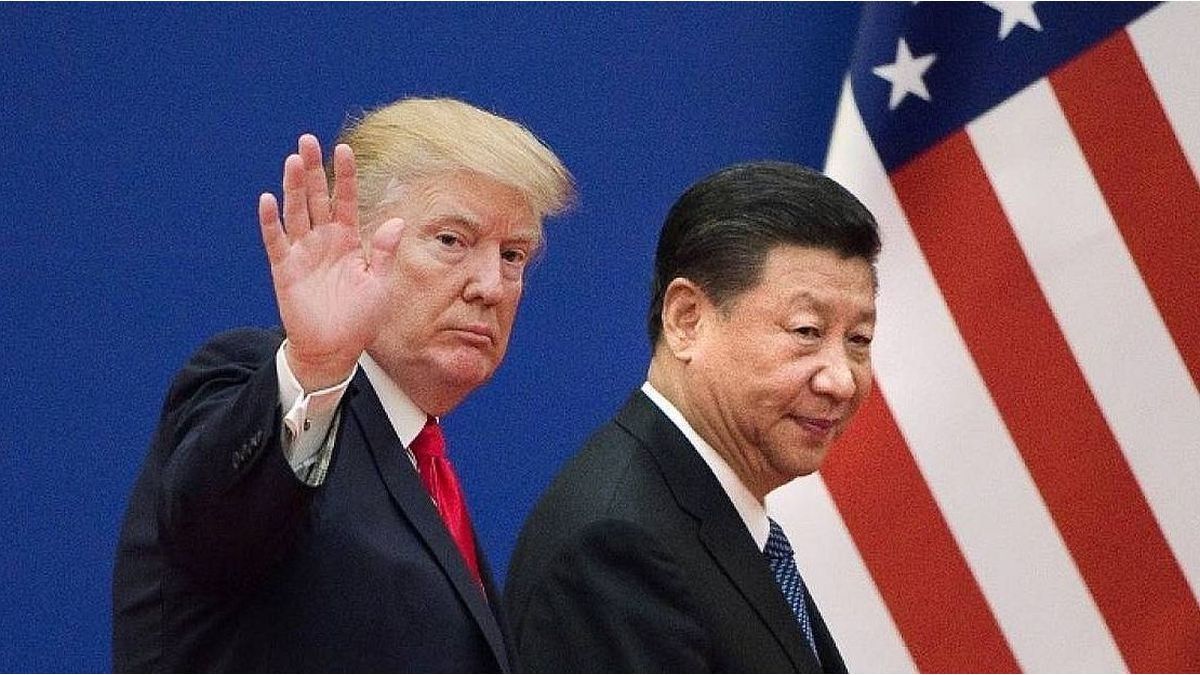The European Parliament has approved the EU supply chain law to protect human rights. The controversial project was weakened in the last few meters.
The EU Parliament has cleared the way for a European supply chain law to protect human rights. A majority of MPs in Strasbourg voted in favor of the plan, as Parliament announced. The law had recently caused controversy in the federal government. The aim of the project is, among other things, to ensure that companies can be held responsible in European courts in the future if they profit from human rights violations in their supply chains.
Negotiations about the project were characterized by controversial debates, including in the German federal government. While business representatives and in the federal government warn the FDP against placing too great a burden on companies, representatives of the SPD and the Greens see the EU supply chain law as a major benefit for the protection of human rights. If, for example, large fashion companies have their sweaters and pants sewn by children in Asia, the victims of such exploitation should in future be able to claim compensation under the new supply chain law.
The consent of the EU states is considered a formality
The EU states also still have to officially approve the project, but this is considered a formality. In mid-March, a sufficient majority of EU states signaled their approval in the Committee of Permanent Representatives of the Member States. This meant that Germany, which had abstained at the insistence of the FDP, was outvoted. An abstention in the committee acts as a no vote. The federal government repeatedly fails to find a common position on important EU laws and therefore has to abstain from crucial votes.
Fewer companies are affected by the new EU rules than originally planned – mainly due to concerns among EU states. The supply chain law should no longer apply to companies with more than 500 employees and at least 150 million euros in sales. The limit was raised to 1,000 employees and 450 million euros. In the first few years, both thresholds are even higher.
EU regulations go further than German law
Nevertheless, the new regulation would go beyond the German Supply Chain Act in certain aspects. It initially came into force in 2023 for companies with at least 3,000 employees, and since 2024 it has applied to companies with at least 1,000 employees. The German Supply Chain Act explicitly excludes civil liability.
Source: Stern




